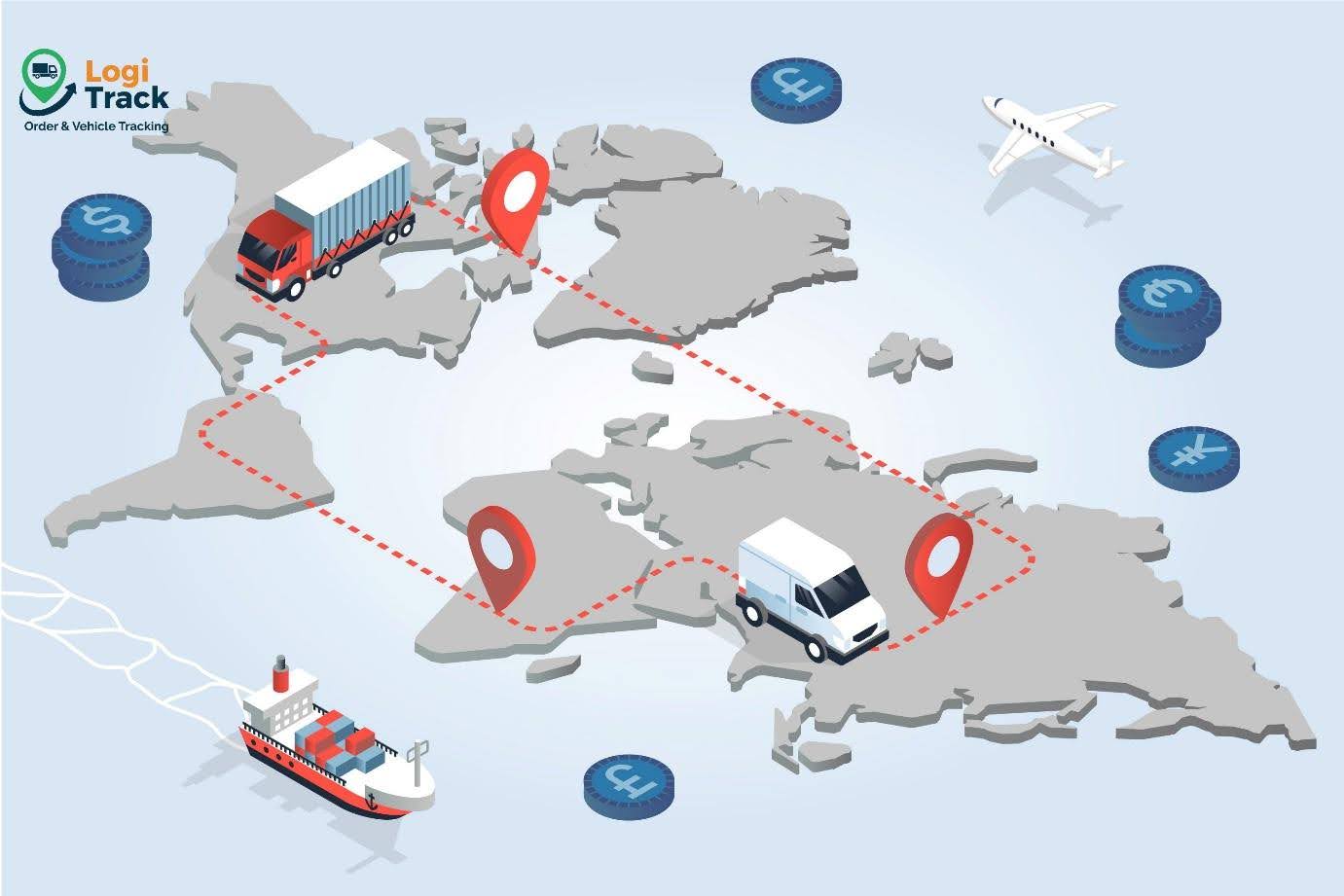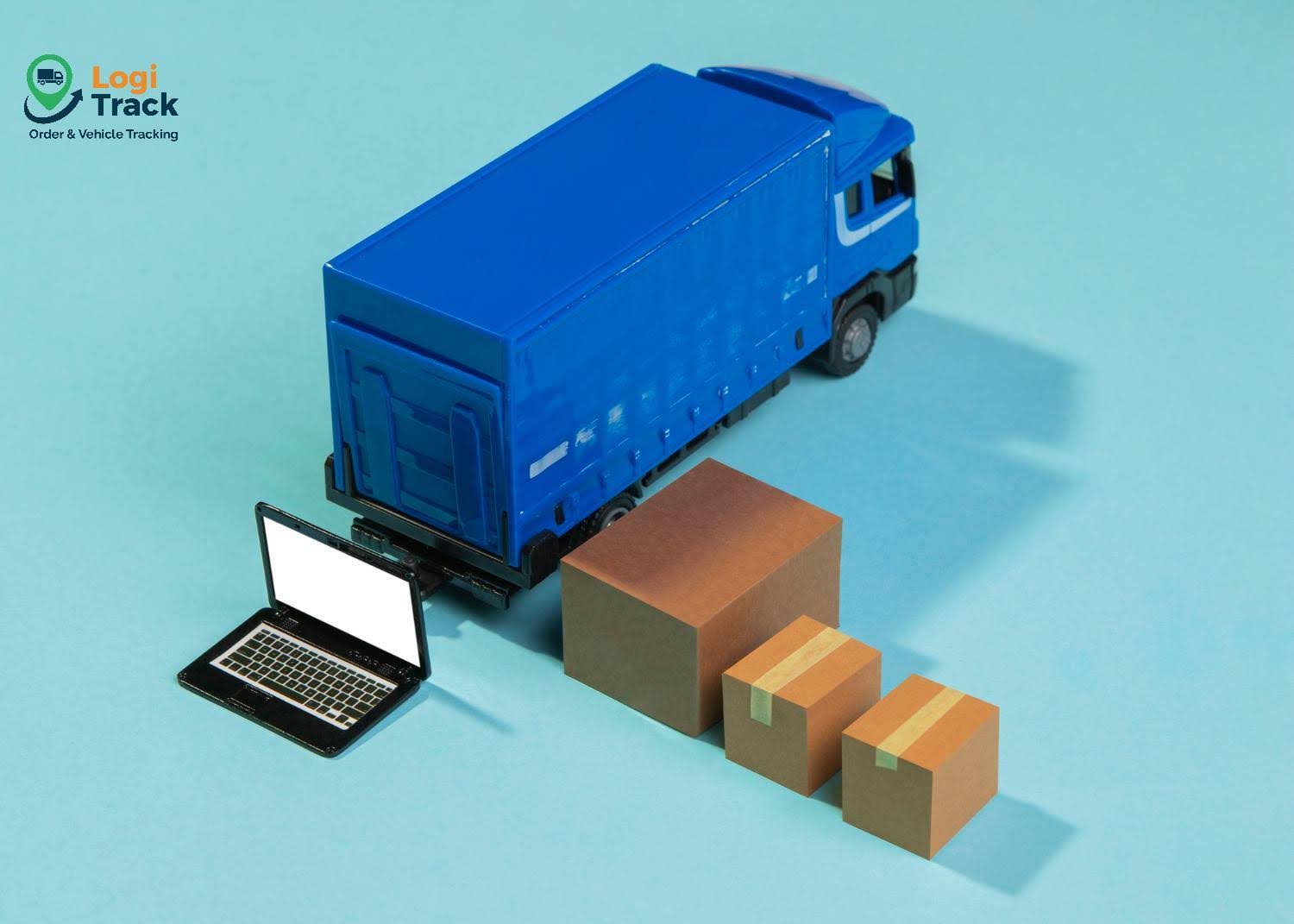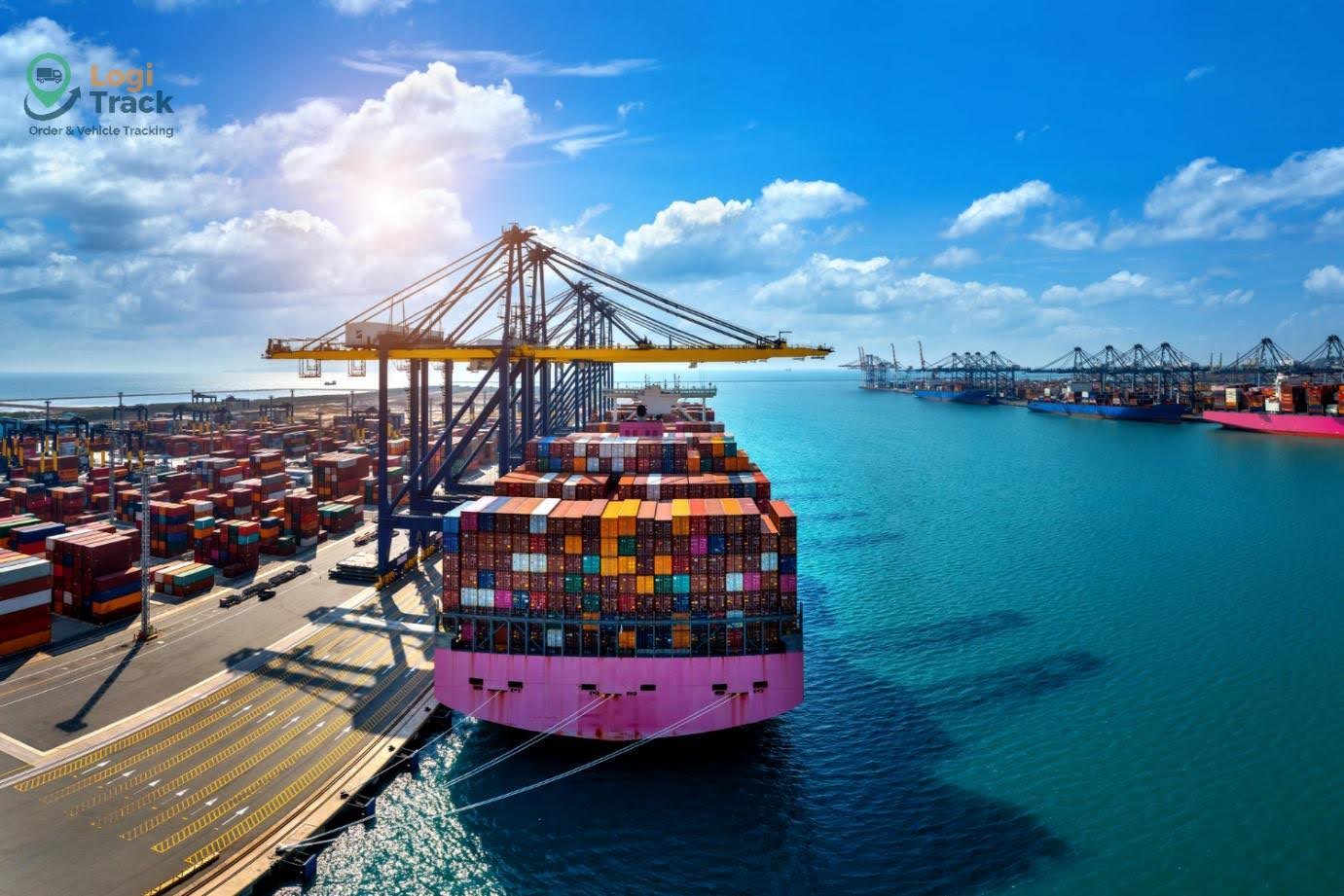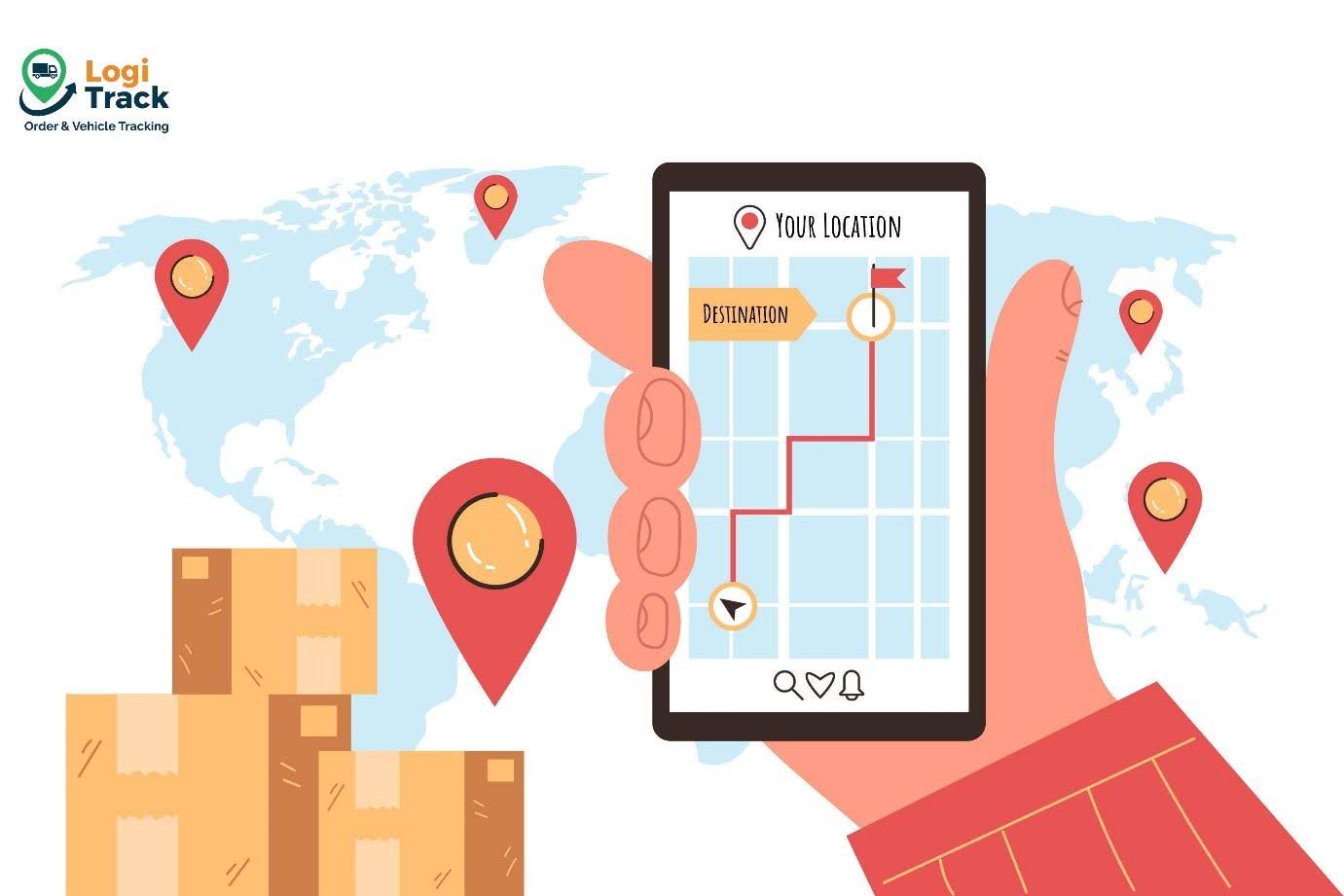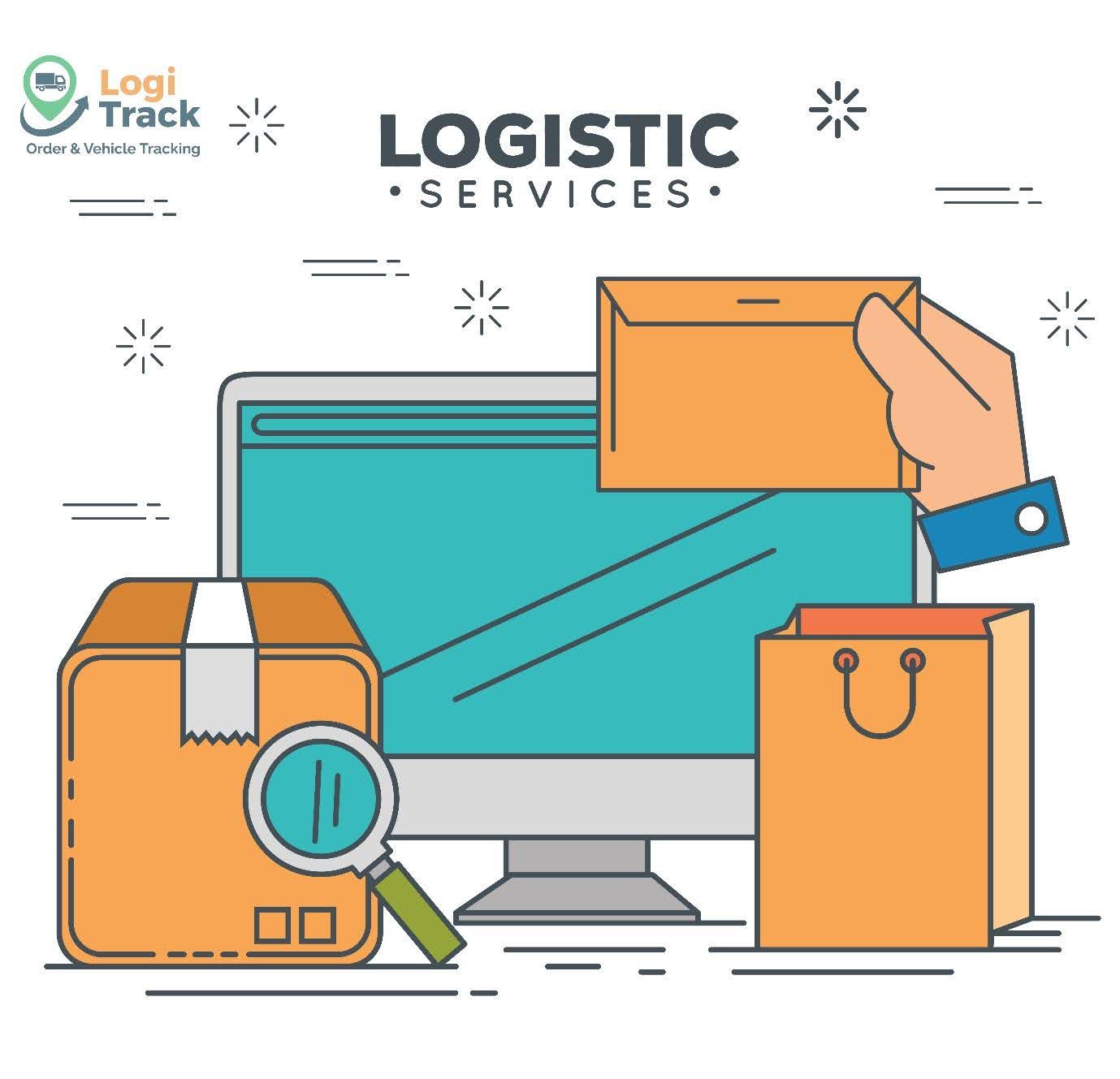Many businesses today struggle with their logistics processes due to rising costs, frequent errors, and overworked staff. Logistics software provides modern tools that help companies manage transportation and warehousing operations comprehensively, accurately, efficiently, and cost-effectively.
To better understand what logistics software is, along with its benefits, costs, and popular solutions available today, let’s explore the following information. 
Logistics software provides an effective management solution for businesses.
Understanding Logistics Software in the Modern Supply Chain
In today’s world, transportation and delivery services are developing rapidly. The demand for warehousing, shipping documents, and supply chain operations is becoming increasingly complex. That’s why logistics software was created — as an optimal tool to help businesses control their entire operation process, from goods entry and storage to order tracking and transportation.
However, not everyone fully understands what logistics software is. This software is designed to manage and optimize the entire logistics process — including transportation, warehousing, distribution, order management, and shipment tracking.
Instead of managing manually through notebooks or Excel files, logistics software integrates data and provides real-time information, allowing businesses to monitor operations and make accurate decisions.
Some key features of logistics software include:
-
Warehouse Management: Control import, export, and inventory levels in real time.
-
Transportation Management: Optimize routes, monitor delivery status, and reduce costs.
-
Order Management: Automate order processing, reconciliation, and delivery tracking.
-
Reporting and Data Analysis: Generate reports and analyze data to support better decision-making.
With these features, logistics software has become an essential tool — not only for transportation and delivery companies but also for e-commerce, manufacturing, and distribution businesses looking to improve product control and operational efficiency.
Benefits of Using Logistics Software

